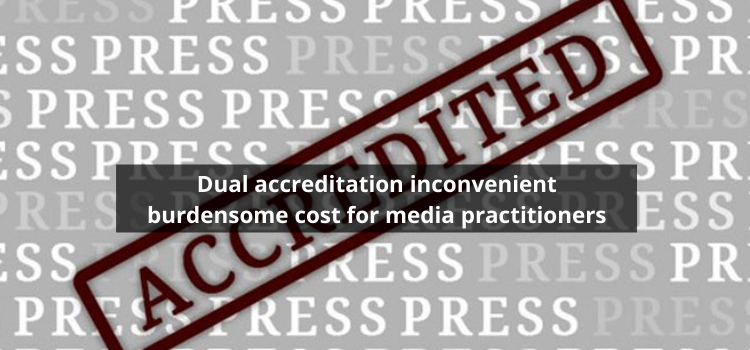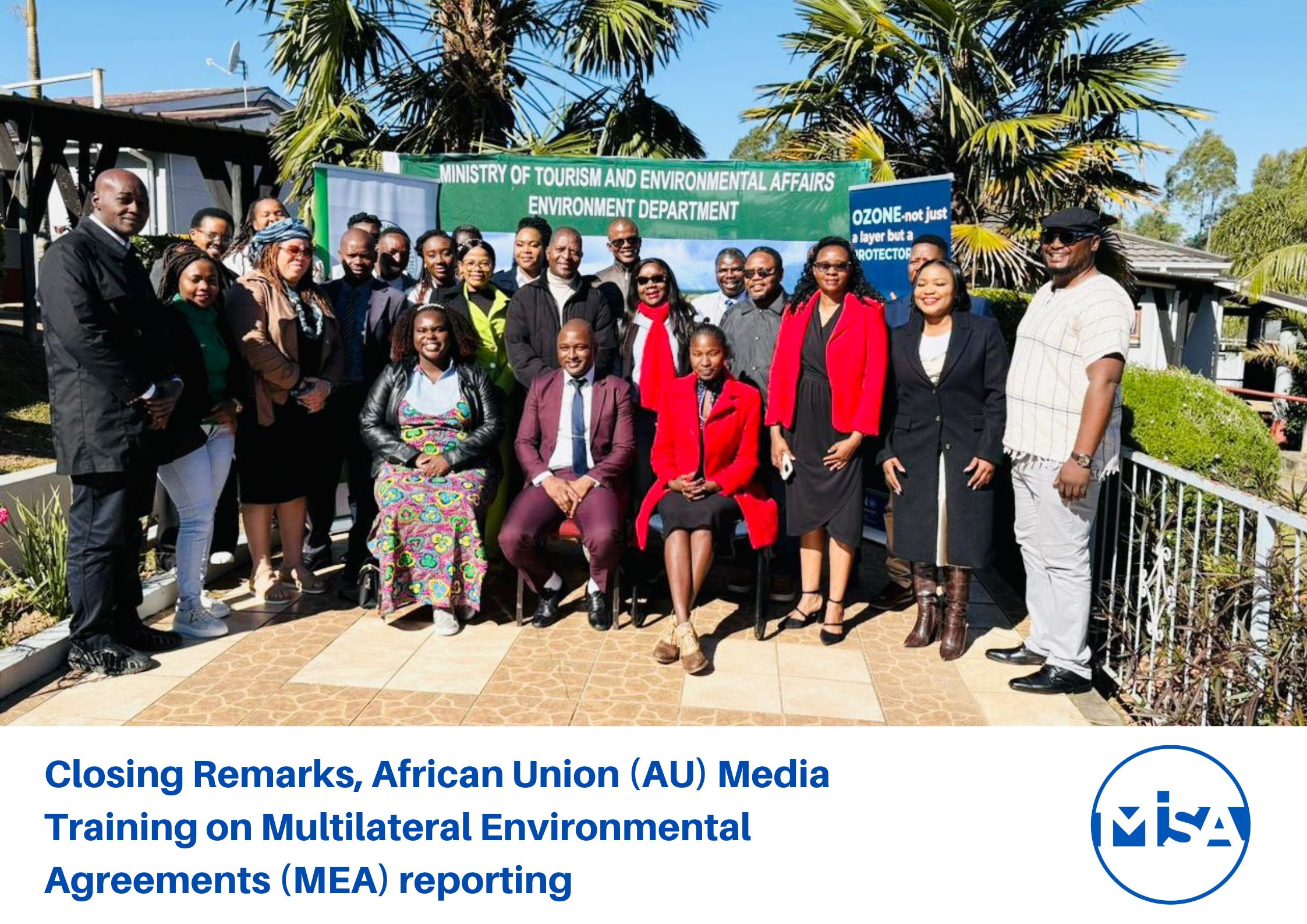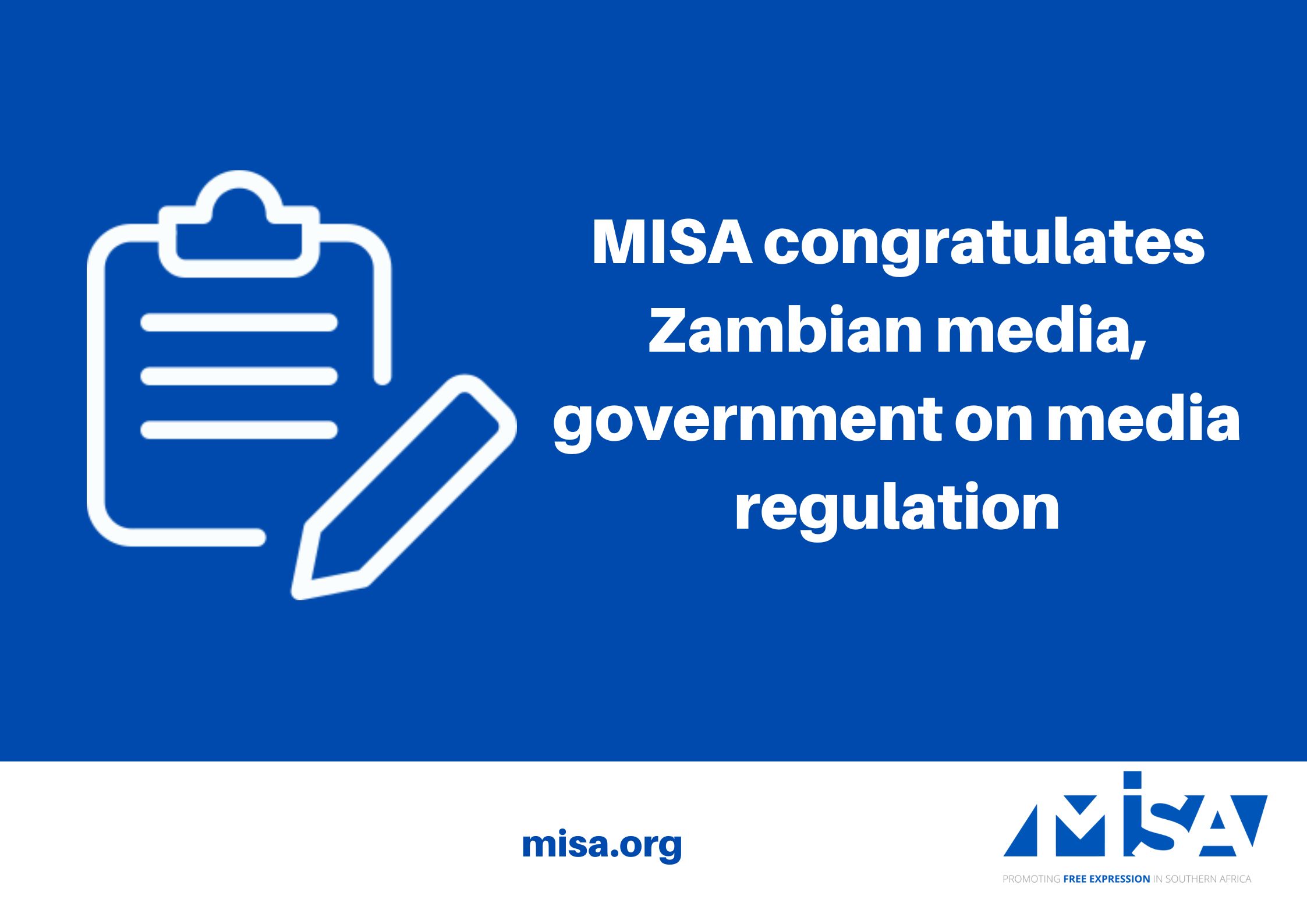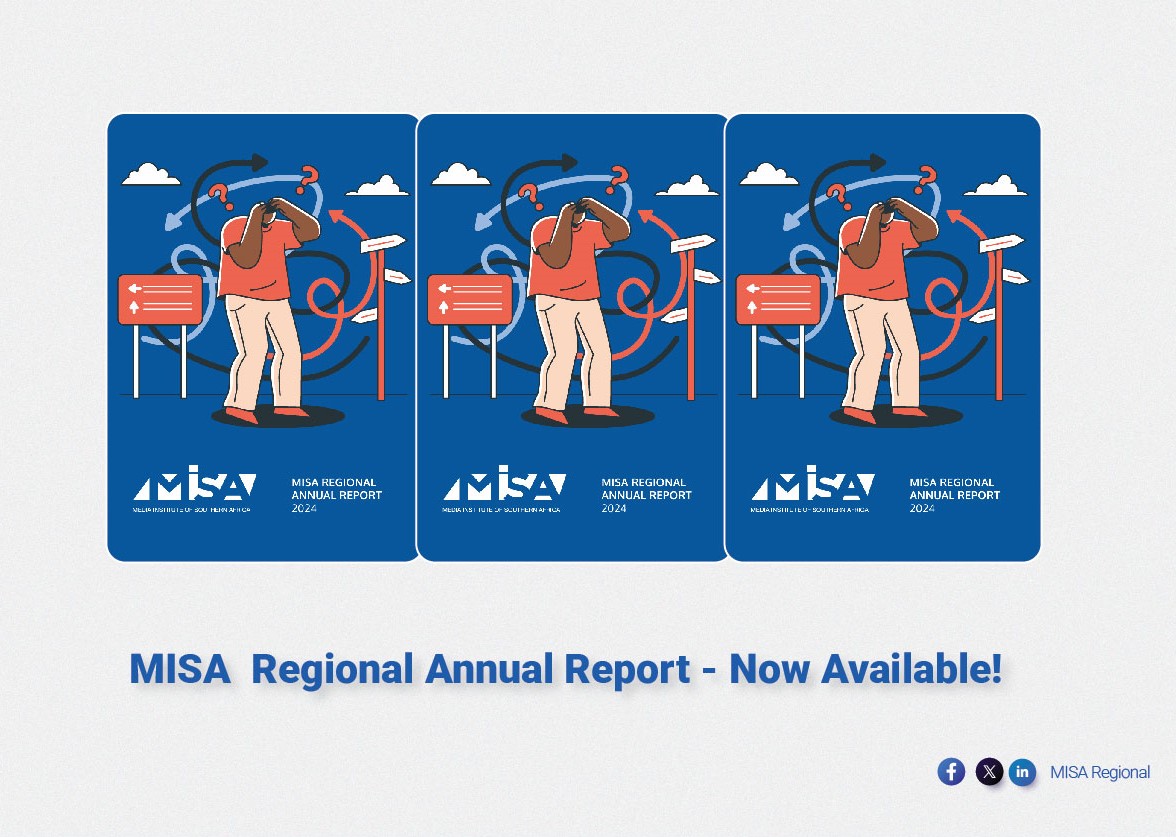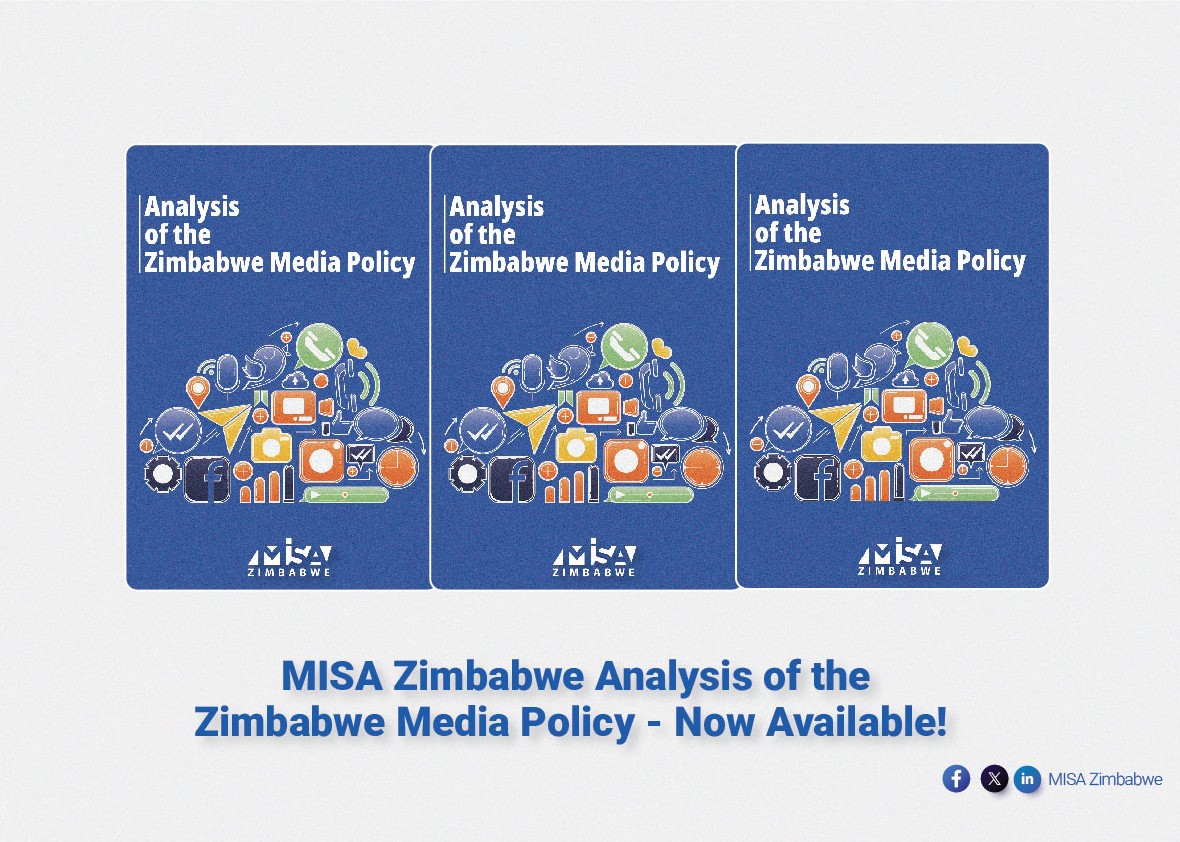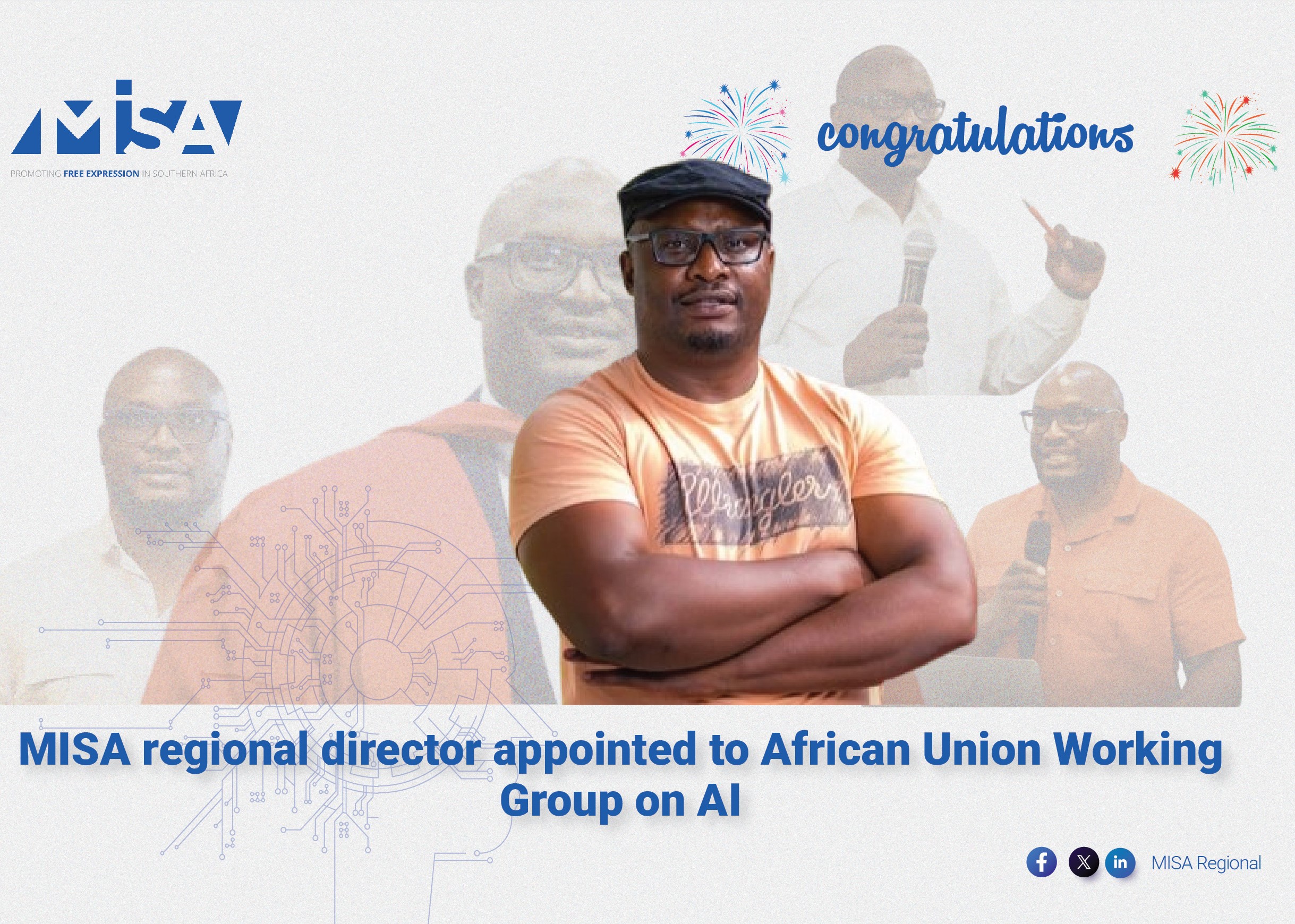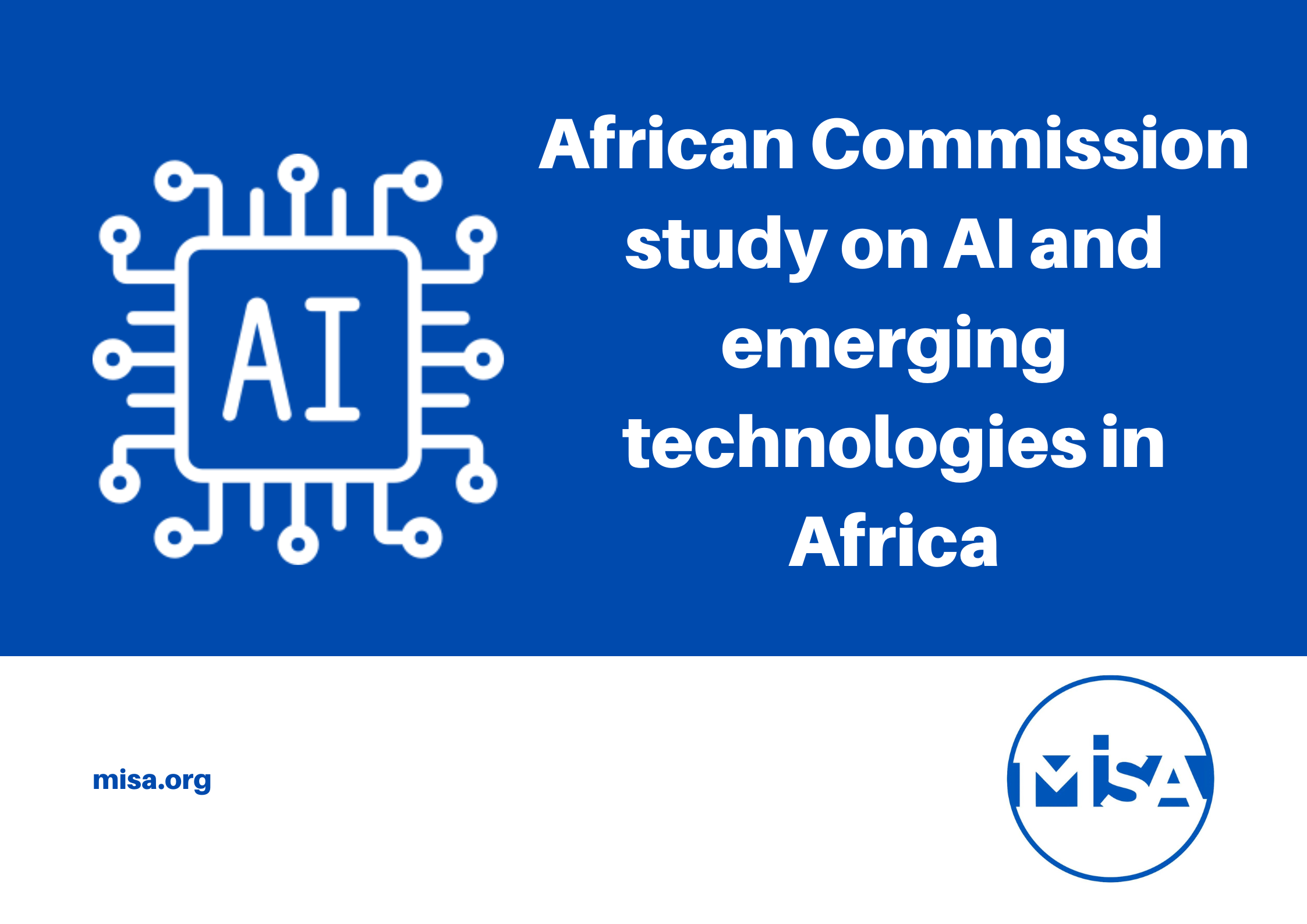The Zimbabwe Electoral Commission recently invited applications from observers and the media for accreditation for the upcoming by-elections which should be submitted no later than 22 March 2022.
The accreditation fees were set as follows:
- Local observers- USD10,00 or ZWL equivalent at prevailing bank rate
- Observers from the continent –USD20,00
- Zimbabwean media practitioners accredited with the Zimbabwe Media Commission and working in Zimbabwe for foreign media houses – USD50,00
- Zimbabwean local media practitioners accredited with the Zimbabwe Media Commission –USD10,00 or ZWL equivalent at prevailing bank rate.
Section 239 of the Constitution of Zimbabwe on the powers and functions of the Zimbabwe Electoral Commission allows the Commission to accredit observers of elections and referendums. Part IXB of the Electoral Act on election observers also highlights in Section 40I that observers, having been accredited by the Observers Accreditation Committee, shall pay such fee as may be prescribed.
In light of the above, while it is correct to highlight that journalists play their role in election reporting as observers and thus should be accredited, the fee should be as minimal as possible considering that it is part of the media’s constitutional function to seek, receive and impart information.
MISA Zimbabwe is greatly concerned with this issue of dual accreditation wherein media practitioners accredited with the Zimbabwe Media Commission (ZMC) are requested to be accredited again with the Zimbabwe Electoral Commission for purposes of covering the by-elections.
The role of the media during elections should be understood which is why in terms of the Electoral Act under Part XXIB on Media Coverage of elections, Section 160K(1) highlights that the Commission, with the assistance at its request, of the Zimbabwe Media Commission and Broadcasting Authority of Zimbabwe, shall monitor the Zimbabwean news media during any election period to ensure political parties, candidates, broadcasters, print publishers and journalists, observe the provisions under this part. The obligations on the media include that reports should be factually accurate, complete and fair.
In that regard, it is crucial to ensure that limitations to the functioning of the media are as minimised as possible. The ZMC-issued accreditation card should suffice for media practitioners in Zimbabwe, working for both local and foreign media houses, to undertake their professional work on election reporting.
In the event of the need for a separate and ZEC-specific accreditation, that accreditation should be processed without any requests for further payments by media practitioners.
MISA Zimbabwe appeals to ZEC to only require that media practitioners applying to be accredited by the Commission, should submit their details based on the ZMC-issued accreditation cards without having to pay an additional accreditation fee.
Such details can then be verified with the ZMC before the accreditation card by ZEC is issued.
It is MISA Zimbabwe’s well-considered view that this dual accreditation and the fees in question can be a deterrent for media practitioners to undertake their work without any fear of harassment, exclusion, arrest and detention while covering the elections.
Dual accreditation should therefore not be a deterrent for the media to effectively play its role in information dissemination which is critical for the people of Zimbabwe to access election-related information for them to make informed decisions and choices.
Every journalist that is duly accredited with the ZMC should therefore be allowed to freely cover the elections without the burden of also being accredited by ZEC and the additional requisite fees.
A coordinated or collaborative approach should therefore be adopted by key stakeholders such as the Zimbabwe Media Commission and the Zimbabwe Electoral Commission to ensure that media practitioners undertake their work without any hindrances.




